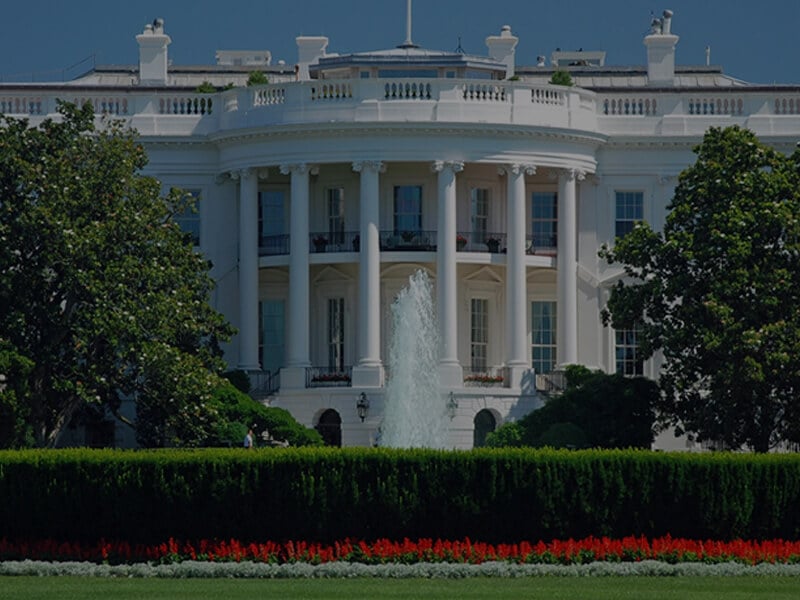TAA Compliance was established by President Jimmy Carter when he ratified the Trade Agreements Act of 1979 in July of that year. It is one of many laws that defines the landscape for technology purchases among the United States Federal Government and State Government agencies. Other domestic preference laws relevant to our industry include the Buy American Act and the FTA (Federal Transit Authority) Buy America Act.
What Is TAA Compliance?
TAA Compliance is defined under the Trade Agreements Act of 1979 that a product being acquired be wholly grown, produced or manufactured in the United States or a “designated country” or “substantially transformed” in the United States or a “designated country.”
As defined by the International Trade Administration, “substantially transformed” means that a product underwent a fundamental change (typically processed in a country other than its origin) in form, appearance, nature, character, which adds to its value an amount or percentage that is significant in comparison to the value which the good had when exported. The focus of the substantial transformation test is where (i.e., in which country) the product took on its essential character and form– where it became capable of functioning or was sufficiently functional to be tested for its ultimate purpose.
TAA Compliant Countries
It is a common fallacy that in order to be considered TAA compliant, a product must be manufactured within the United States. However, the TAA also permits products to be manufactured or substantially transformed in “designated countries.” Designated countries for purposes of the TAA include: WTO member and GPA signatory, NAFTA, Caribbean Basin Initiative, and Least Developed countries. For Department of Defense procurements, it also includes Qualified Countries. Allowing trusted countries to be eligible fosters fair and open international trade, bolstering foreign relations throughout the world.
You can find the full list of “designated countries” in our blog, TAA Compliant Countries and TAA Compliant Country Codes.
TAA Compliant Products
TAA Compliance is generally only applicable to acquisitions valued in excess of specified threshold amounts that are revised about every two years. Currently, TAA Compliance is required for supply/product acquisitions which exceed $183,000 (WTO GPA Countries). For construction projects, the contract value, including all options must exceed $7,032,000 (WTO GPA countries). Thresholds vary by the specific trade agreement, acquisition and purchasing agency. For more information on these thresholds, please reach out to Vertiv’s Government team.
Vertiv currently offers a wide range of TAA Compliant products including Uninterruptible Power Supplies (UPS), Thermal Management Cooling, Rack Power Distribution Units (rPDUs), Secure KVM Switches, Server Racks, and other Integrated Solutions.
TAA vs BAA Compliant
BAA Compliance, or Buy American Act, (not to be confused with the FTA Buy America Act) requires the United States Government to give a preference to supplies and construction materials that are “domestic end products” over all foreign products when it purchases supplies and construction materials for use inside the United States of America. Whereas the Trade Agreements Act allows the President to waive the BAA and other domestic sourcing restrictions so the Government can purchase eligible products from “designated countries” that have signed an International Trade Agreement with the United States or meet certain other criteria.






